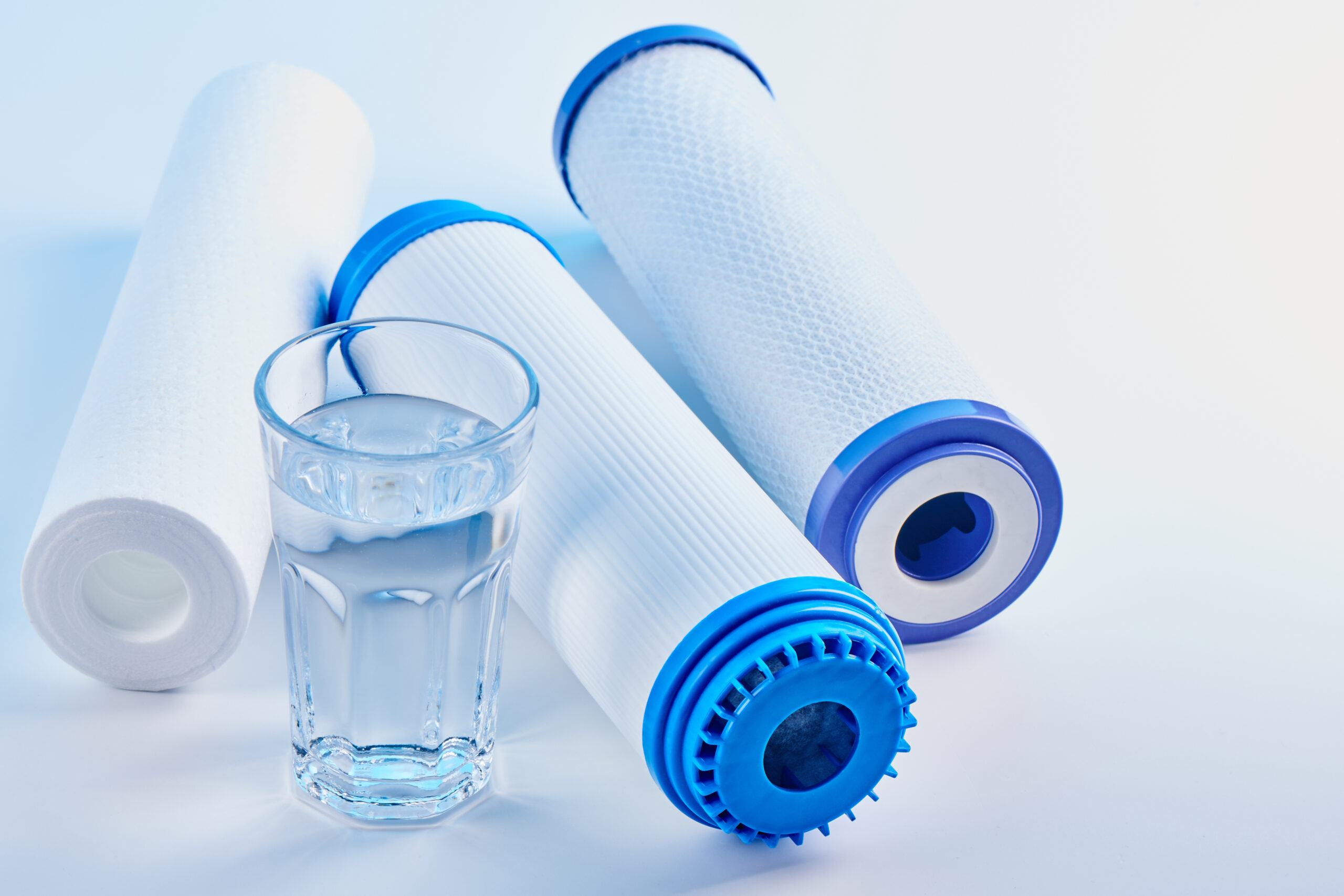Access to clean and safe drinking water is a fundamental necessity for our well-being. However, tap water can contain impurities and contaminants that affect its taste, odor, and overall quality. Water filters offer a practical solution to enhance the purity and taste of drinking water. In this article, we will delve into the world of water filters, exploring their types, benefits, and how they work to provide you with clean and refreshing water.
1. Understanding Water Filters:
Water filters are devices designed to remove impurities, particles, chemicals, and microorganisms from tap water, improving its quality and taste. They come in various types and sizes, catering to different filtration needs. The key types of water filters include:
a. Activated Carbon Filters:
Activated carbon filters use activated carbon, commonly derived from coconut shells or coal, to adsorb impurities and chemicals present in water. These filters are highly effective in removing chlorine, volatile organic compounds (VOCs), pesticides, and unpleasant odors, providing better-tasting water.
b. Reverse Osmosis (RO) Filters:
Reverse osmosis filters employ a semi-permeable membrane to remove a wide range of contaminants, including dissolved solids, heavy metals, bacteria, viruses, and larger particles. RO filters are known for their high level of filtration and are particularly beneficial in areas with poor water quality.
c. Ceramic Filters:
Ceramic filters feature a porous ceramic material that traps sediments, bacteria, and other impurities, allowing clean water to pass through. These filters are commonly used in portable water filtration systems and are effective in removing larger particles and microorganisms.
d. UV Filters:
UV filters utilize ultraviolet light to kill bacteria, viruses, and other microorganisms present in water. These filters are often used in conjunction with other filtration methods to provide an additional layer of disinfection.
2. Benefits of Water Filters:
Investing in a water filter offers several advantages for both your health and overall well-being:
a. Removal of Contaminants:
Water filters effectively remove contaminants such as chlorine, lead, mercury, pesticides, bacteria, and other impurities. By reducing the presence of these harmful substances, water filters help ensure the water you consume is safe and healthy.
b. Enhanced Taste and Odor:
Many water filters, especially activated carbon filters, significantly improve the taste and odor of tap water by eliminating chlorine, sulfur compounds, and other substances that can contribute to unpleasant flavors and smells.
c. Cost Savings:
Using a water filter can be a cost-effective alternative to purchasing bottled water. By filtering tap water, you can reduce your reliance on single-use plastic bottles and save money in the long run.
d. Environmental Impact:
Choosing to filter your water instead of relying on bottled water helps reduce plastic waste and minimize your ecological footprint. Water filters provide an eco-friendly solution for obtaining clean drinking water.
3. Maintenance and Considerations:
Proper maintenance is essential to ensure the optimal performance of your water filter. Consider the following points:
a. Filter Replacement:
Most water filters have a specified lifespan or usage capacity. It is crucial to replace the filter cartridge or membrane at regular intervals as recommended by the manufacturer to maintain the filter’s effectiveness.
b. Water Quality Testing:
Periodically test the quality of your filtered water to ensure that the filter is functioning correctly. Water testing kits are readily available and can help identify any issues or changes in water quality.





